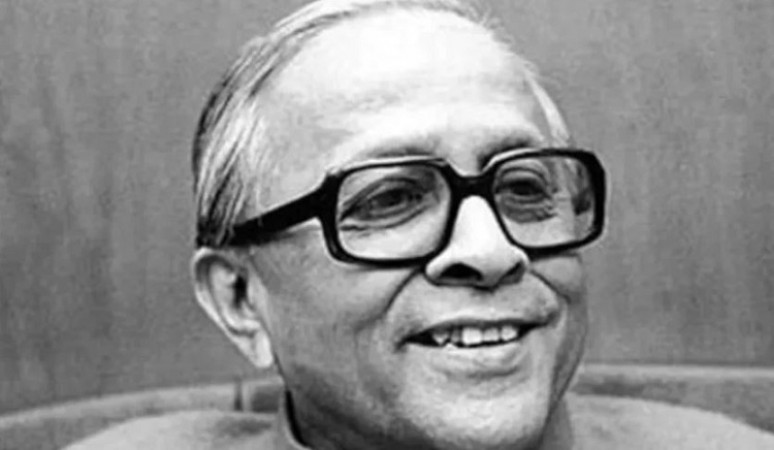
On July 8th, we commemorate the birth anniversary of Jyoti Basu, a stalwart of Indian politics and the longest-serving Chief Minister of West Bengal. Basu's contributions to the state and his unwavering dedication to public service continue to inspire generations of leaders even today. As we pay tribute to this remarkable figure, let us delve into the life and achievements of Jyoti Basu and understand his indelible impact on West Bengal and the nation.
Born on July 8, 1914, in Kolkata, Jyoti Basu grew up in a politically conscious family. His father, Nishikanta Basu, was a prominent physician and a member of the Indian National Congress. This environment instilled in Jyoti Basu a deep sense of social responsibility and the value of serving the people.
Basu's political journey began during his college days at the prestigious Presidency College, where he actively participated in student politics. He joined the Communist Party of India (CPI) and became one of its prominent members. Basu's early activism and his ability to connect with the masses propelled him into a leadership role within the party.
In 1946, Jyoti Basu was elected to the Bengal Legislative Assembly, marking the beginning of his illustrious political career. He played an instrumental role in championing the rights of the working class and the marginalized sections of society. Basu's unwavering commitment to the principles of socialism and his ability to mobilize support earned him the respect and trust of the people.
Basu's greatest achievement came in 1977 when the Left Front coalition, led by the Communist Party of India (Marxist), swept to power in West Bengal, ending decades of Congress rule. Jyoti Basu was appointed as the Chief Minister, a position he held for an unprecedented 23 years, from 1977 to 2000. His tenure as Chief Minister remains the longest in the history of any Indian state.
During his time in office, Jyoti Basu implemented numerous policies aimed at promoting social justice, economic development, and communal harmony. He focused on land reforms, empowering the agricultural community, and initiating industrial growth. Basu's government also emphasized education and healthcare, making significant strides in improving literacy rates and healthcare facilities across the state.
Basu's leadership style was characterized by his pragmatism and ability to build consensus among diverse stakeholders. His astute political acumen and statesmanship ensured stability and progress for West Bengal. Despite ideological differences, Basu maintained cordial relations with successive central governments and played a crucial role in shaping national politics.
Jyoti Basu's legacy extends beyond his role as Chief Minister. He was a respected voice in national politics, often consulted by leaders across the political spectrum for his wisdom and insights. Basu's contribution to the communist movement in India and his role in shaping the policies of the Left Front cannot be overstated.
On January 16, 2010, Jyoti Basu passed away, leaving behind a rich political legacy. His demise was mourned by people from all walks of life, reflecting the deep impact he had on the collective consciousness of the nation.